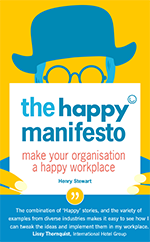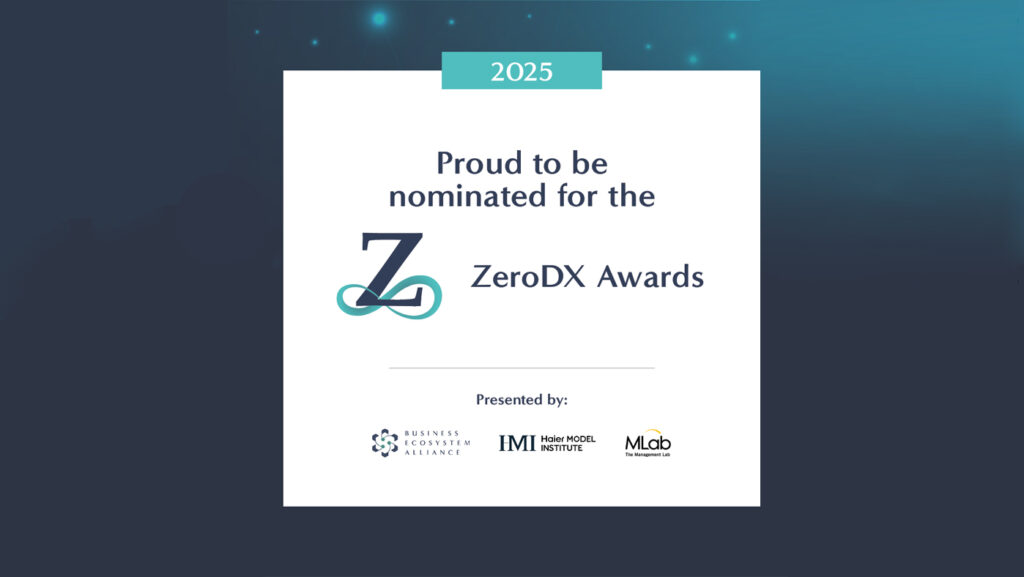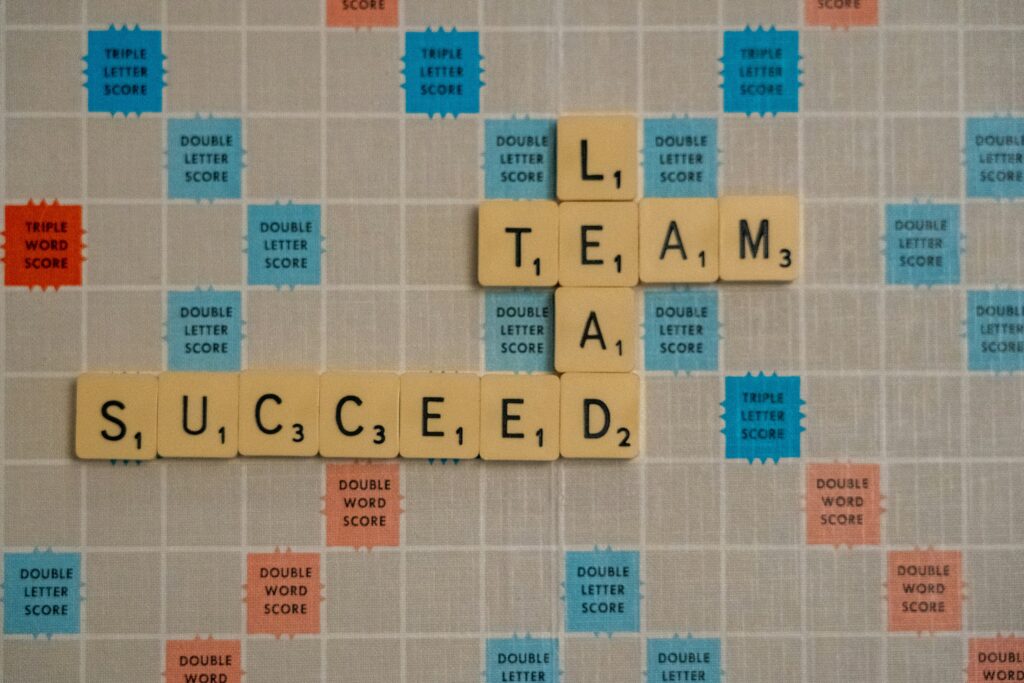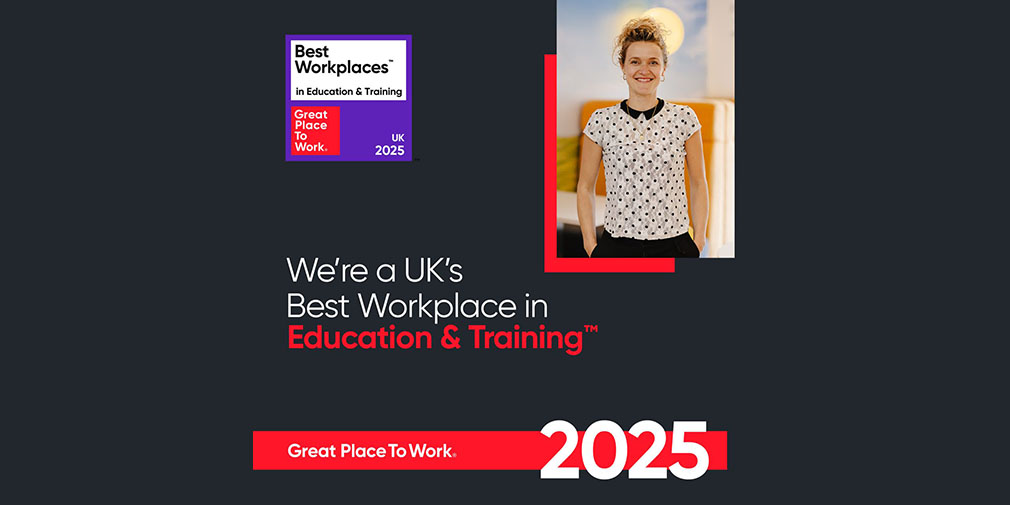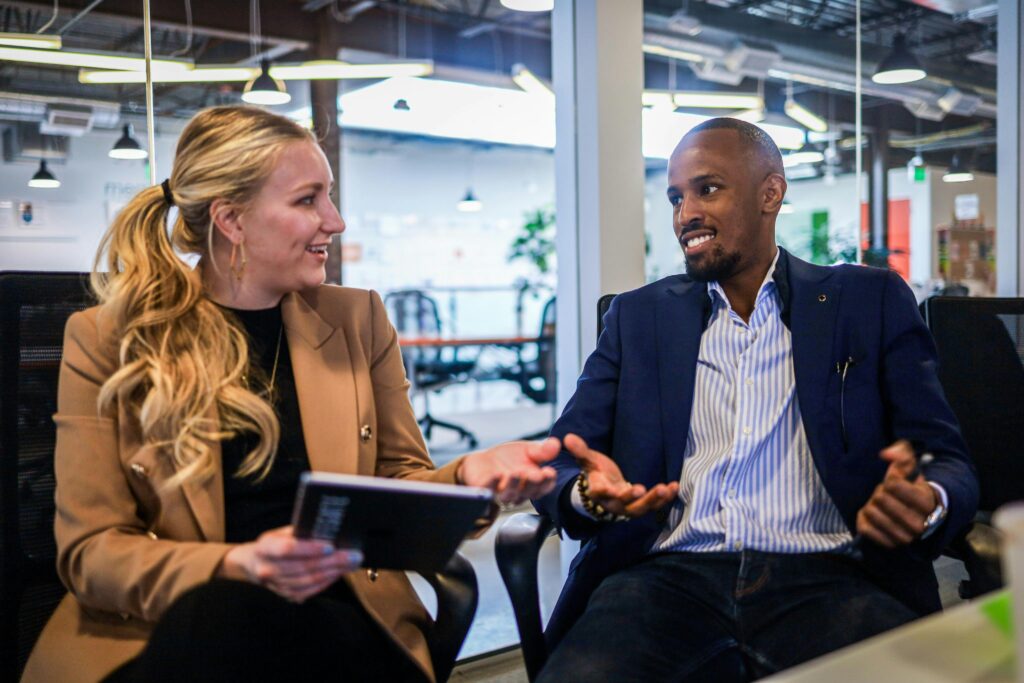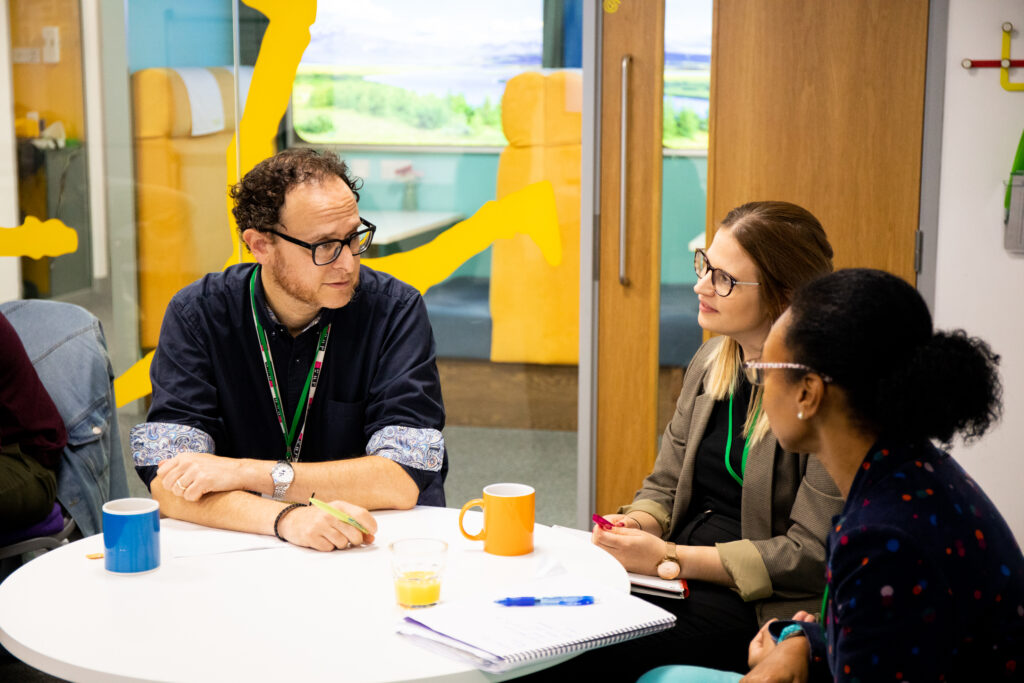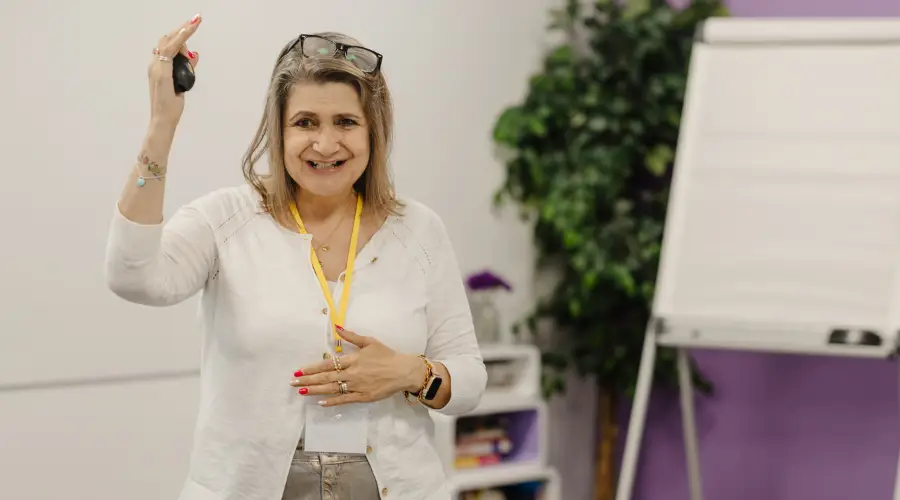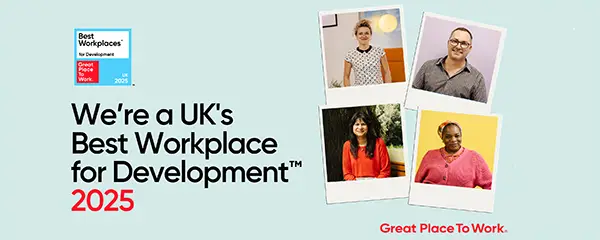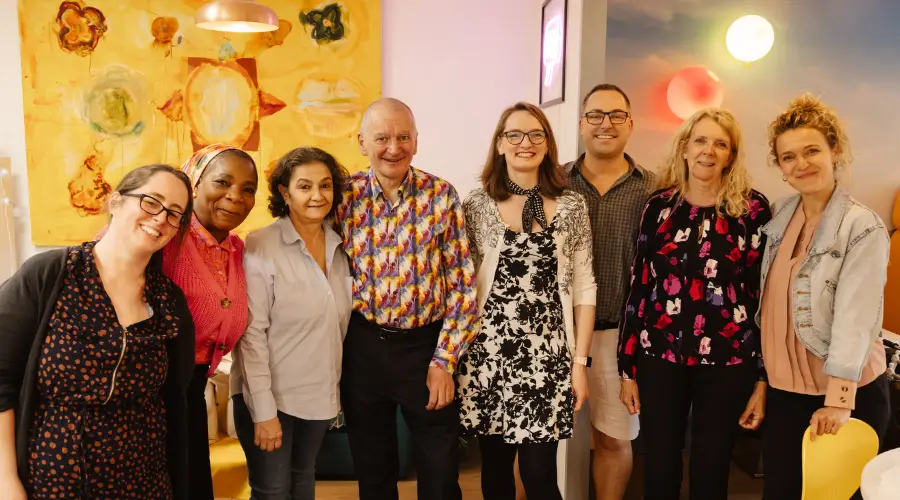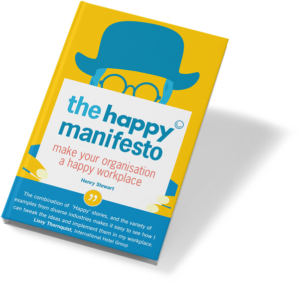Awareness of self
One thing that has stayed with me the most however was a message I received after the session. One of the participants had generously shared with me that because of reflecting on different aspects of his identity, he realised that he has been overlooking an important aspect of his identity and realised how he missed it. He then went on to explain how doing the reflection enabled him to both gain awareness on how important this aspect of his identity is to him and set an intention around inviting it more into his life, both personally and professionally.
There was a wonderful tone of celebration in his message, and this is why I think the work around learning about our identity, culture and how that influences how we show up is such important work.
Interpersonal relationships
It enables us to be grounded in who we are, invites a level of learning about ourselves, that enables us to show up with intentionality and authenticity. Over time, I’ve also learned that being grounded in my own identity enables me to go into relationships with curiosity and openness to difference when it arises.
Learning about the different ways our background influences our communication preferences for examples and knowing what mine are, enables me to have more empathy and be non-judgemental when someone I’m interacting with is different. We’re able to go the extra mile and are more willing to cooperate and adapt, when we know that how the person, we’re dealing with isn’t communicating in a certain way (for example, too indirect) to be rude but is rather communicating in the way they know how.
Letting go of these assumptions and motives enables deeper connection and strong relationships. It also is foundational for effective conversations.
I remember someone I used to work with, who had an animated communication style. Her passion always showed especially when talking about the work. Sadly, she was often judged by others as aggressive, angry and sensitive, and many colleagues avoided her – all because they had interpreted her approach to communicating and engaging as these things. Which was anything but the reality!
Shortly after I met this colleague, I attended a session on communicating across cultures and learned about how in her culture people often communicated with emotional expressiveness and were quite direct. It was considered rude or cold to be emotionally restrained. This was eye opening in many ways and as I explored my communication preferences and culture, I learned strategies to communicate effectively with her and others without the weight of judgement on my shoulder.
Working with teams and collaborating
We all face similar dynamics either at work or families or our friend groups. We often have that one friend or colleague aren’t as emotionally expressive as we’d like them to be or aren’t as direct as we would like them to be, so when we learn about the differences in our communication and preferences are deeply influenced by our identity, and culture that really opens a different deeper path to connecting with others.
Learning strategies to communicate across difference in teams, and organisations enables better collaboration and invites effective ways to manage conflict when it arises. I live in the UK and there is so much diversity of background and culture and being equipped with that knowledge enables me to show up to the world around me with authenticity being grounded in who I am and at the same time, being curious and not judgemental about others around me. This, to me, feels really empowering.
Next Steps
If you are interested in learning more about ways of effectively communicating across differences, Happy offers an ideal workshop, Communicating Across Differences: Equality, Diversity and Inclusion in the Workplace.
This workshop is geared towards navigating some of these issues and provides tips for how to facilitate better communication.
Related Blogs
- Why Your Emotions are Like a Glitter Jar — Paul explains the need for ‘thought awareness’ and being able to manage feelings of anger and stress at work.
- 5 Simple Ways to Build Your Resilience and Reduce Stress — Fenella talks us through 5 simple ways to start building your resilience and reduce your stress.
- Tips for Dealing with Difficult People — Stress can often come from external factors around us. Our Senior Facilitator Paul Gapper goes through some methods for helping to deal with what could otherwise be deemed as ‘difficult people’ and situations.
